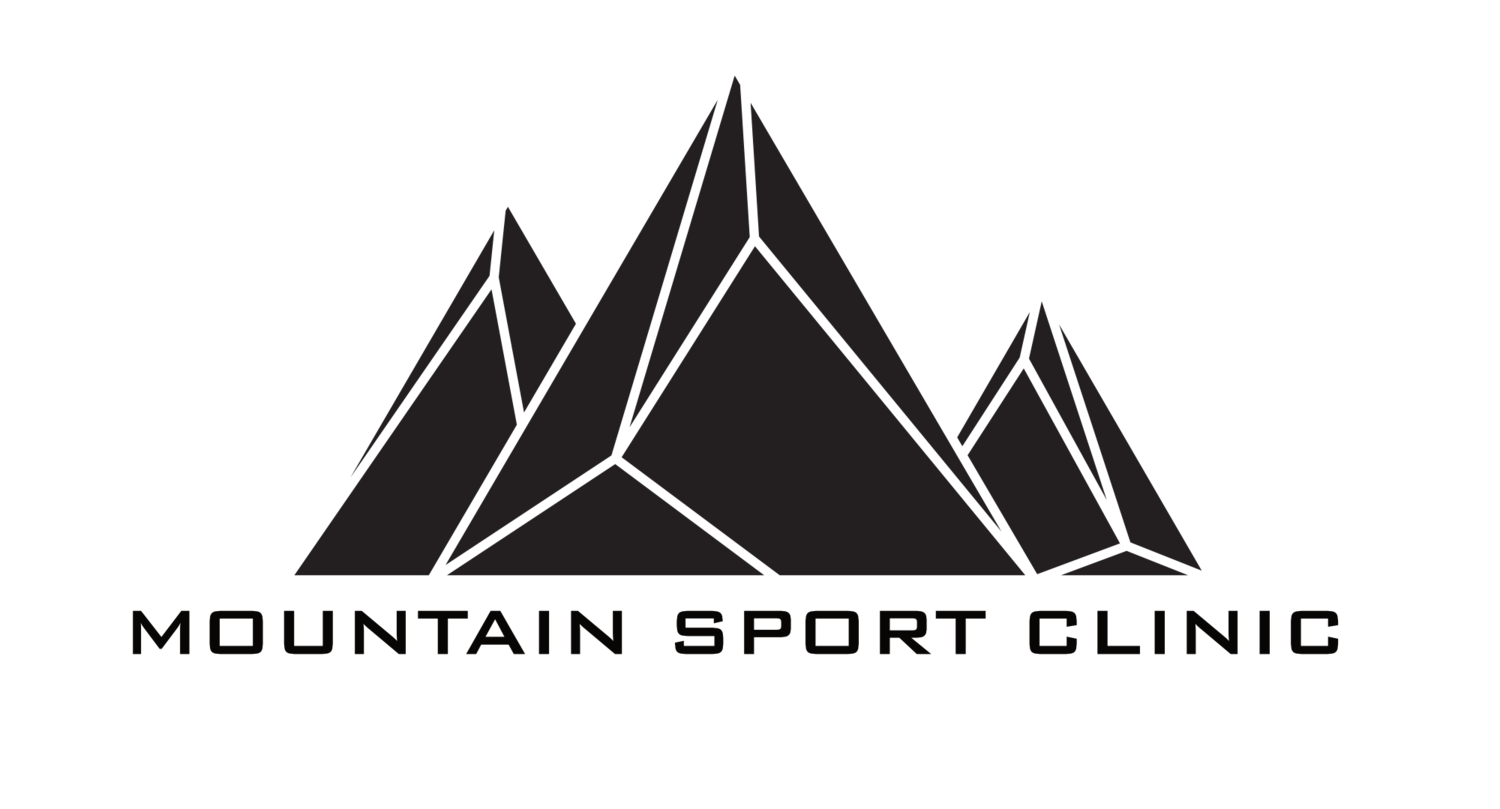Concussion – What is it? How do we recover from it?
Concussions can result from any high-impact force that gets transmitted to the head – this can be any hit to the head, neck, or even just a hit to the body. A concussion is considered a mild form of a traumatic brain injury, and symptoms can present and evolve minutes to hours after the injury. Symptoms are typically short-lived impairments of the brain and nervous system. These symptoms can last minutes, or they may last several months to years.
After a concussion, the brain must work harder to complete tasks that were easy to complete before the concussion. Things like looking at a screen, being in a noisy environment, or exercise will tire out your brain much more easily. In other words, your threshold of tolerance for stimulus to the brain is lower. Symptoms often include tiredness, headaches, dizziness, memory loss, or personality changes.
How do we treat concussions in 2022?
Concussion management is now very similar to soft tissue injuries like sprains and strains:
First 24 – 48 hours = Period of relative rest
Beyond 48 hours = Gradually increase load on your brain
We used to think that after a concussion, the brain requires complete rest – both cognitive and physical. This would look like sitting in a quiet, dark room. We thought that if you did this for long enough, that your concussion would resolve. However, we now know that this is not the best way to recover!
First 24 – 48 hours = Period of relative rest
A period of relative rest is recommended for the first 24-48 hours.
Relative rest means that you reduce your activity level to help reduce symptoms. You should keep your body moving gently, sleep as needed, avoid super stimulating environments, and reduce interactions with others. It is important to do things that keep gently activating your brain and to back off from an activity if concussion symptoms begin to increase.
Activities to try during relative rest:
Short walk in a quiet environment
Colouring
Listening to soft and relaxing music.
*Remember* – you will become fatigued faster when you are recovering from a concussion. Be gentle with yourself.
Beyond 48 hours = Gradually increase load on your brain
Once you’re out of the rest stage, you need to start gradually increasing the variety and intensity of the demands you put on your brain. Small changes in difficulty and/or duration for a wide range of activities are important. Your brain needs practice to get your visual, proprioceptive (body awareness), and vestibular (balance) systems working effectively as a team. Following a plan to increase demands on these systems is key for returning to work, sport, school, and all aspects of life. If you, or someone you know is experiencing challenges with a concussion – reach out. Help and guidance is out there!



